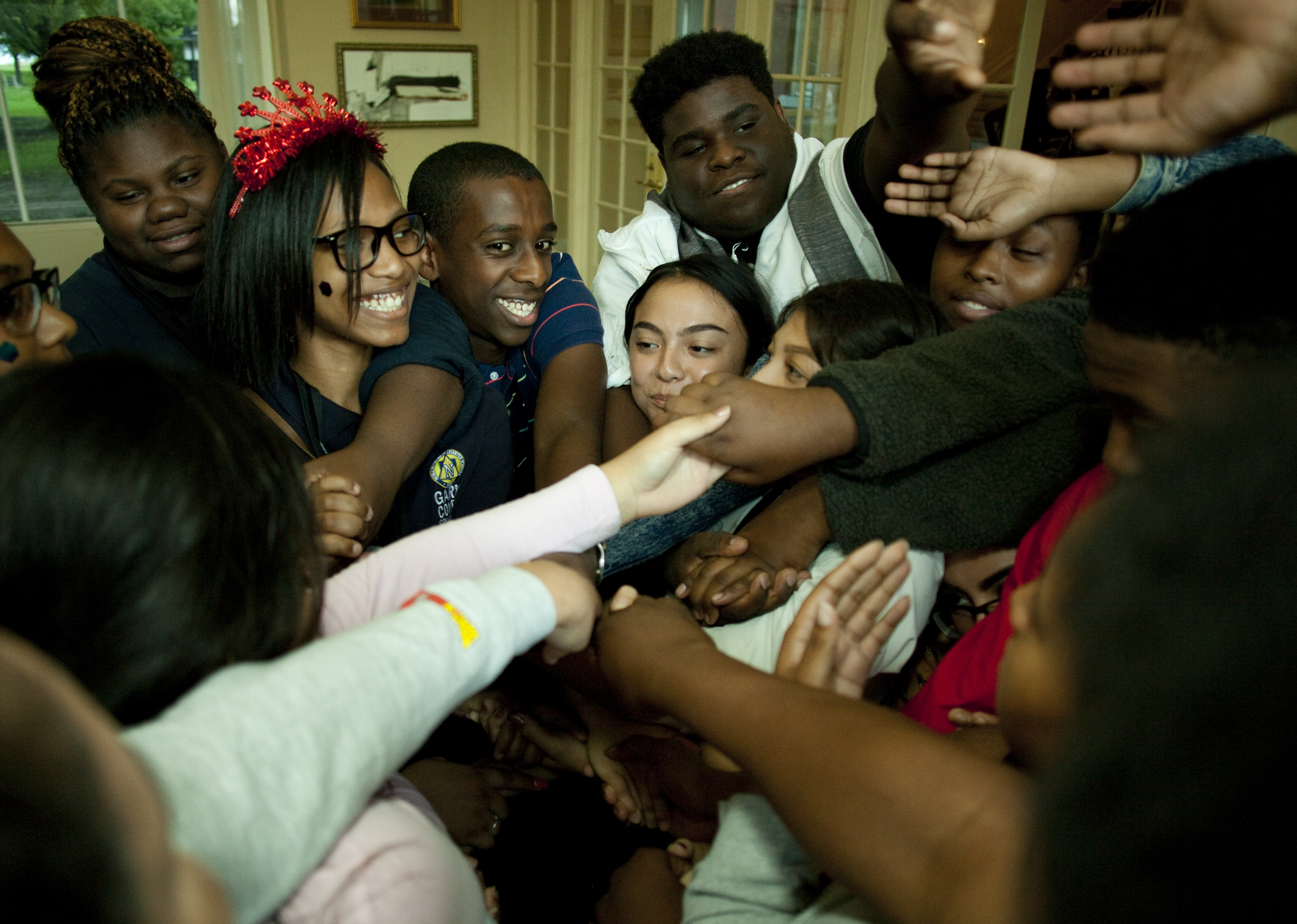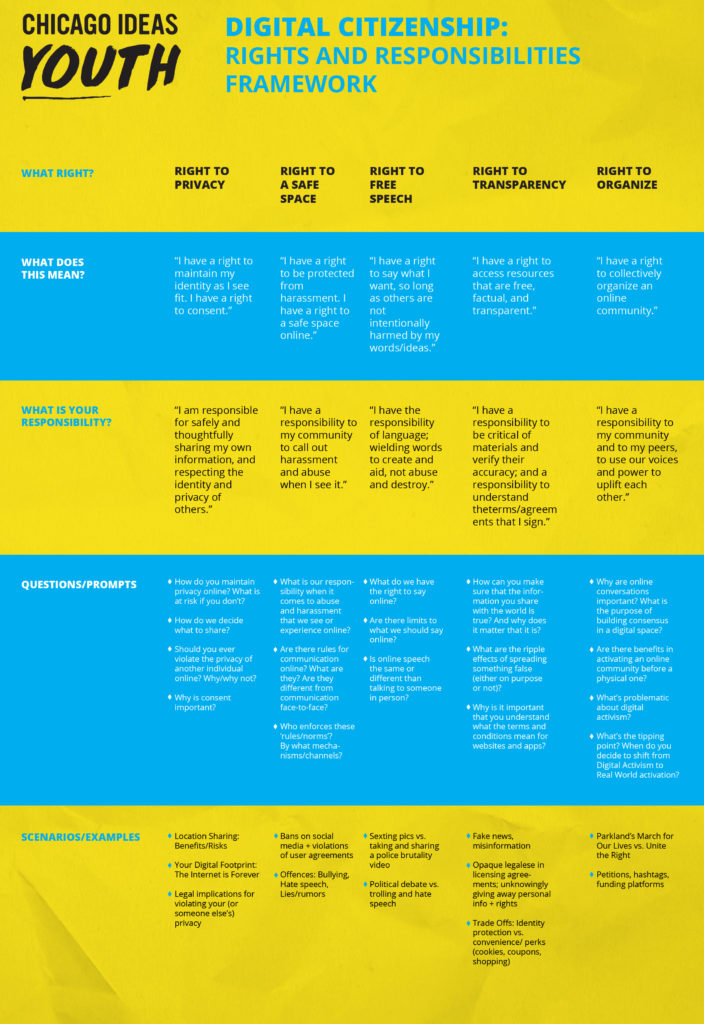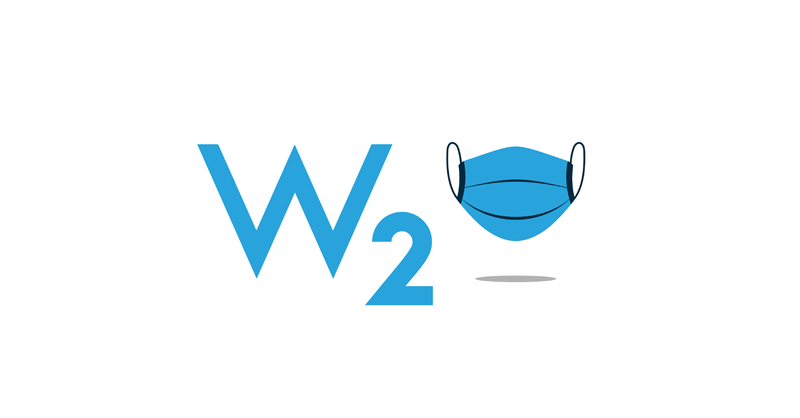
Susan Crown Exchange is Empowering Youth to Become Agents for Change in the Digital World
Susan Crown Exchange (SCE) is exploring how digital citizenship can catalyze and empower youth to become agents of change. We know it’s a complicated and critical topic. We’ve partnered with Chicago Ideas because we echo the belief that youth have incisive perceptions about their unique experience of being the first generation born into a world where digital and physical realities intersect. We knew if we were going to move in the right direction on our digital citizenship work, we needed to start at the source. After all, what better experts to consult on what teens think and feel about digital citizenship than teens themselves?
Adults might see teens as always online and plugged into one app or another, but wonder whether teens really understand the full gravity of their digital connections. Do they have the skills to navigate online dilemmas and participate in respectful and effective ways? Are they thinking about the short and long-term ramifications of their actions online? In short, it seems that we are all wondering if youth understand the rights that digital citizenship affords as well as the responsibility those rights require. Last month, we sponsored Chicago Ideas’ teen-only Kick Off, in advance of Chicago Ideas Week, to start investigating some of these questions. What we discovered is that youth grapple with their positions and interpretations of digital rights and responsibilities on a daily basis.
In advance of the Kick Off, Chicago Ideas Youth developed a framework to help describe some of the layered complexity around these rights and responsibilities. (You can find it below.) In the month leading up to the event, the Chicago Ideas Youth Ambassadors worked diligently on honing their leadership skills in order to facilitate breakout sessions with their peers on these topics. During the breakout sessions, some 250 youth used the framework and a series of scenarios and prompts to drill down into conversations focused on five high-priority rights and their corresponding responsibilities. Below are some aggregated examples of takeaways from their conversations. Does any of the following surprise you?
On the Right to Privacy vs. the Responsibility to preserve Safe Spaces and respect the identity and privacy of others, teens argued that public service can sometimes take priority:
- Teens want individual privacy to be protected, but believe that sometimes exposing people without their consent or knowledge is their duty in service to the greater good (an example of this would be recording and sharing a video of police brutality). For all of our youth, context and intent in disregarding another person’s privacy is key. One teen said, “I would never want to give up my voice and my ability to speak out for others [even if it meant violating someone else’s privacy].”
On the Right to Safe Spaces and the Responsibility to call out harassment and abuse:
- Teens feel very strongly opposed to cruelty and harassment and want to take on leadership roles in providing protections against abuse now and in the future. However, they don’t always know how to be effective and want practical and actionable guidance from adults. “We all must work together, we are the world’s future leaders and it’s our responsibility to make sure our environment is safe for our families and friends.”
- Teens are concerned that online forums often center around “tearing others down,” and they believe that as a generation they’re “starting off on the wrong foot.” However, despite this, they are incredibly optimistic and believe they have a lot of potential to change things for the better. They want to explore this potential and make social media more “user friendly”.
- Teens want to feel safe online just as much as they want to feel safe walking down the street alone at night. They want to have the freedom of independence and the assurance of protection in both spaces.
- However, teens worry about the risks of intervening online. When they call out harassment or other behavior that makes them uncomfortable, it can create dangerous and/or complicated consequences for them both online and offline that they feel unprepared to handle on their own. Oftentimes, they don’t have the tools or experience to contend with backlash and want guidance and support (not judgment) from adults.
- Guidance and governance: Teens often wonder about what channels are available to them to express grievances felt when on the internet/social media beyond blocking other users. They want to understand more about options to address unwanted behavior in digital spaces.
Right to Free Speech vs. the Responsibility to use language to create and aid, not abuse and destroy.
- Teens want to have open access to information, but also want knowledge around how to research, understand and test the factuality of information. They accept the need for individual due diligence, but want easier access to research and verification tools.
- Teens advocate for better and more ethical gatekeeping on the Internet. They take issue with biased censorship, but have deep concerns about safety and social disruption and believe these should take precedence over concerns about free speech, especially in instances when marginalized groups are at risk.
- Time’s up for outdated laws! Teens worry that parts of the Constitution and our governing laws were created so long ago, in a world so different, and by such a narrow part of the population, as to lack relevance and appropriateness for today’s society¾ particularly regarding the challenges posed by technology. They believe laws need to be updated to reflect the country’s current culture and demographic.
Right to Transparency vs. the Responsibility to be critical consumers and verify accuracy online
- Send coupons, not cops: Teens want app user agreements to be written in more plain language. They want them to be shorter and highlight clearly what something like “third party information sharing” really means. Will their data be shared with marketing teams who might send them coupons for items they are interesting in buying or will their data be shared with law enforcement who might track their whereabouts and interactions?
- I consent, but I don’t agree: Teens recognize that they are too often consenting to user agreements that they don’t fully (or sometimes even partially) understand, but feel they have no recourse when the user agreement is a clickable barrier between them and an app they feel the need to use.
Right to Organize vs. the Responsibility to the community and empower one another
- Listen up & hear me! Teens worry that the youth voice is not taken seriously by adults and that their voices are not heard when they try to engage in topics important to them. They have plenty to say, but feel that no one will listen.
- Teens believe that the rallying power and reach of online communication should be used to spread peaceful solutions. In reference to the Charlottesville alt-right riots, one students posited: “Hatred draws out more hate, so that’s why it turned out like that.”
Keep an eye on this space for a full report on the findings from the Youth Kick Off Digital Rights and Citizenship! We look forward to working with Chicago Ideas to continue these conversations with youth at high schools throughout Chicago during the 2019 ‘Ideas Days’.






Pingback: New Infrastructure Takes Shape—Digital Citizenship – SCE